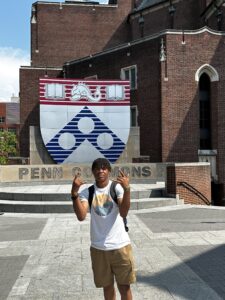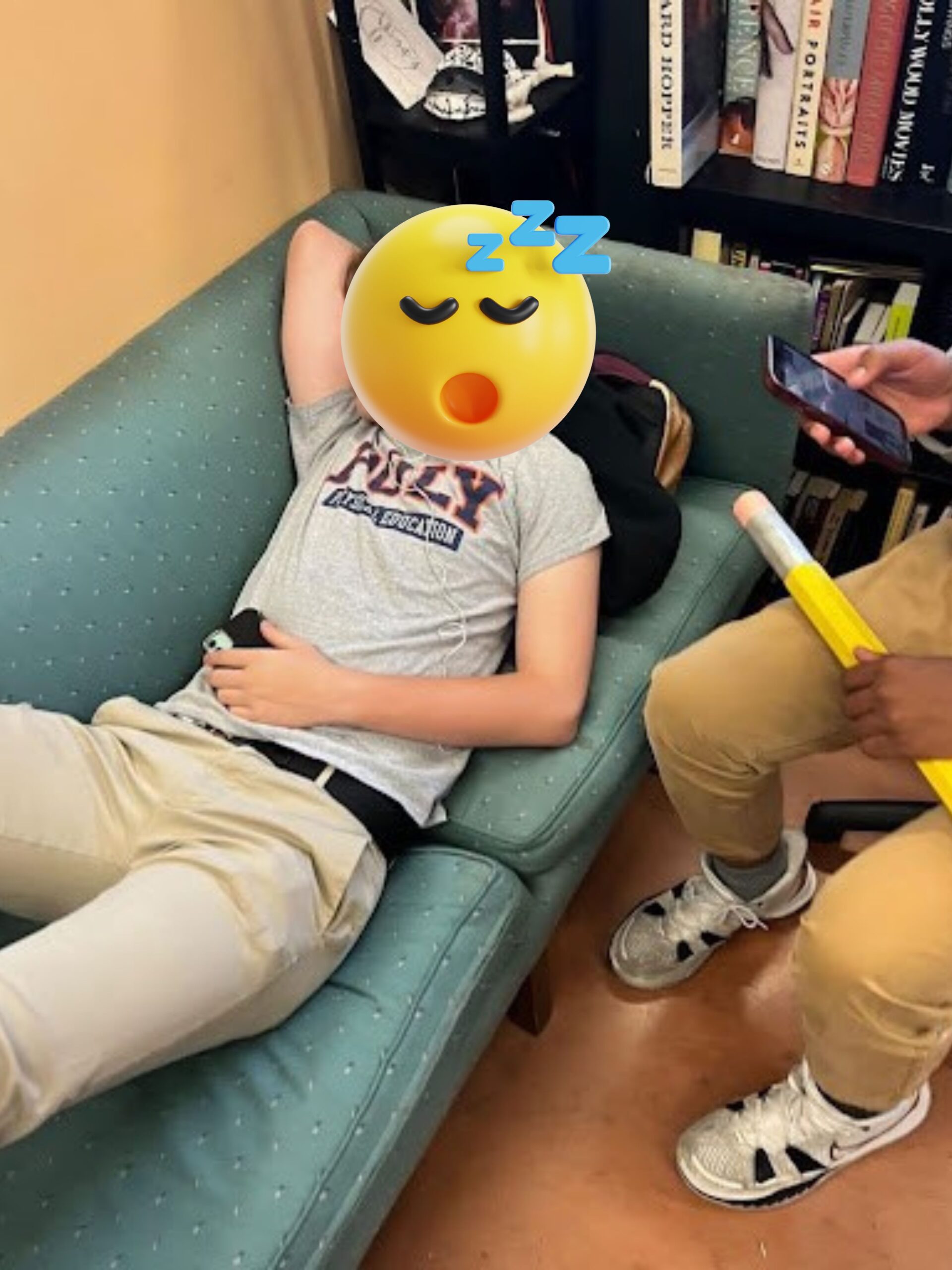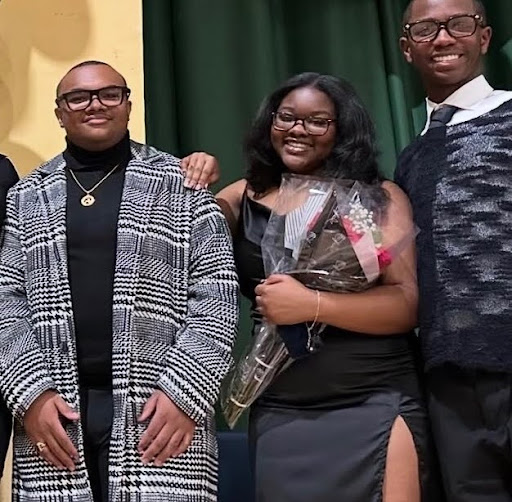
The PennApps competition at the University of Pennsylvania often marks the beginning of the hackathon season for Poly’s resident computer science club Poly.Tech. Over the course of a 36-hour period during the weekend of September 10th, 2023, Poly.Tech members poured their knowledge and experience into collaborative projects and came out of the weekend with a variety of student-made games, programs, and AI models.
Throughout the year, the Poly.Tech student organization tours universities throughout the country and participates in their hackathons, and club members employ their skills in computer science to create a unique project, judged by its creativity, technical skills, and innovation. Despite UPenn being a collegiate hackathon, Poly.Tech represented a select few participants who were from a high school.
While Poly.Tech had attended PennApps’ last iterations for the past several years, this year saw the participation of a student group of almost 25 members. Before they departed for Philadelphia, students sought out one another based on their interests to find like-minded team members to create a project. The participating Poly.Tech students came from a variety of backgrounds in computer science, with some having practiced programming for years and others just starting. Regardless, any project wouldn’t be made without sufficient teamwork, collaboration, and dedication.
Hacking the Hackathon
The hackathon itself was held over the span of three days, hosted on the UPenn campus’ engineering buildings. Poly.Tech quickly sought out and populated the venue’s various classrooms to begin planning and executing their ideas. In the process, they were able to meet and network with the numerous college students, industry experts, and mentors available onsite.
Common issues that students face when attempting to complete their hackathon project arise from attempting to execute an idea with too large of a scope. With the support of their team members and teacher advisor Mr. Joshua E.A. Massey, teams quickly got on track to collaborate and design.
In addition to working on their projects, Poly.Tech took the time to participate in the Wikipedia racing event, compete in the hackathon’s hot ramen & chips challenge, and try some of Philadelphia’s infamous cheesesteaks. Jeshua Starghill-Shaka relates the anecdote where the entire club went out to grab a midnight snack at Insomnia Cookies to fuel their final push to complete their projects before the Sunday morning deadline.
A Byte of Success
• Yoseph Getachew and Justice Francis produced Dice Simulator, a competitive game where two players attempt to reach certain statistical benchmarks with their dice rolls.
• Brandon Isbell, Josh Tagle, and Bowen Valery designed It’s Dangerous to Go Aloan!, an AI model trained to predict the probability of receiving an approved loan application depending on the socioeconomic demographics of the applicant.
• Jayden Hooper, Jeshua Starghill-Shaka, Michael Onaadpeo, and Kai Grigsby made GryWrld, an interactive narrative game with custom music and art about navigating one’s emotion with introspective dialogue.
• Mr. Joshua Massey and Nora Yates created Astro the Robot Dog, a hardware project that can respond to and perform tricks based on the instruction of its owner’s movements and input.
• Gavin Tantleff and Finneus Dyer built MsnMsg, a computer messaging app from scratch where you can easily talk to your friends and send emoticons with smooth end-to-end communication.
These projects, which are just a few examples of the entries that Poly.Tech submitted for the hackathon, are representative of the wide range of innovation and creative endeavors that the club completed over the limited given time. Throughout the event, Poly.Tech members learned skills specific to their projects and worked collaboratively to develop incredible programs, models, and games. Poly.Tech teams were able to simultaneously improve their problem-solving skills, produce a tangible project, and have fun.
Poly.Tech is currently fundraising and establishing logistics to host their own event in the future, aiming to bring the experience of hackathons in a more accessible manner to high schoolers in Baltimore. Participating in competitions like these provide the necessary and valuable experience to grow one’s skills, and Poly.Tech provides the unique chance to travel and practice these skills in a competitive and collaborative environment.
If you’re interested in attending a future hackathon or producing one in Baltimore, please contact Mr. Massey or any club officer.


